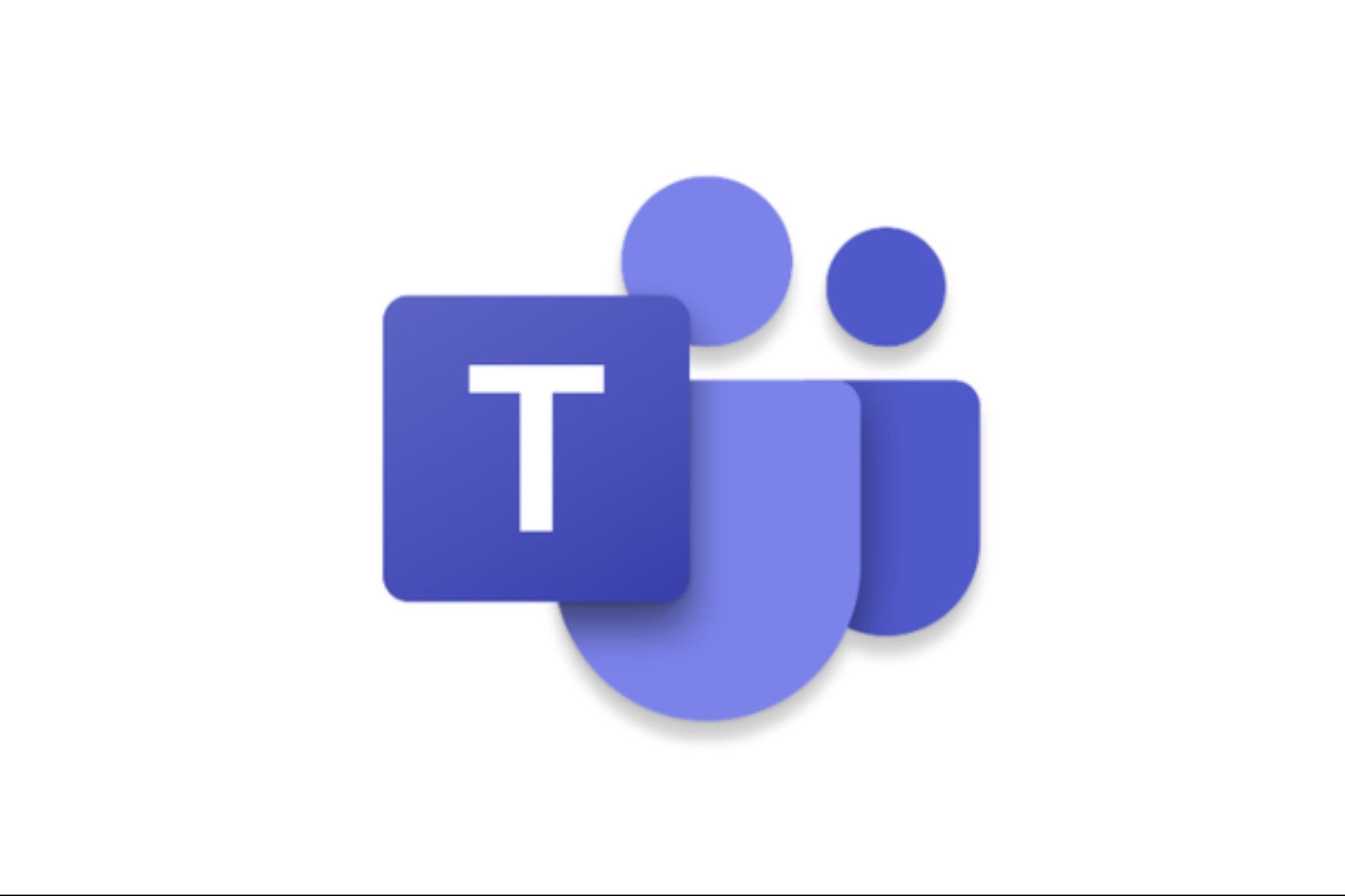Microsoft Facing Antitrust Probe For Teams Platform: Report The report revealed that the communications app called Slack filed a complaint with EU's antitrust body in 2020 raising allegations that Microsoft unfairly ties Microsoft Teams and other software with its widely-used Office suite
By Teena Jose
Opinions expressed by Entrepreneur contributors are their own.
You're reading Entrepreneur India, an international franchise of Entrepreneur Media.

According to a POLITICO report, European Union (EU) antitrust enforcers are planning to open an antitrust probe into Microsoft, after the tech giant's cloud-based video conferencing and communication service Teams was accused of illegally leveraging its superiority in the market.
The report revealed that the communications app called Slack filed a complaint with the EU's antitrust body in 2020 raising allegations that Microsoft unfairly ties Microsoft Teams and other software with its widely-used Office suite. The company had also faced an allegation back then for its misuse of its software supplier power position to push new products and services.
Slack reportedly alleged that Microsoft is using its market power to offer services at very low, or even zero, prices while preventing rival services from competing with their own offerings. They also claim that Microsoft is using its control over the market to limit the ability of rival services to offer competing services and products.
The European Commission plans to escalate the probe quickly and is preparing a statement of objections laying out competition problems with the company's behaviour. In recent weeks it sent requests to rivals and customers over what evidence it plans to use, reported POLITICO citing two people aware of the matter.
Currently, the Commission is investigating whether Microsoft has used its dominant position to prevent other companies from competing with Teams, as well as, whether it has unfairly prevented customers from using rival services.
Microsoft Teams is a proprietary business communication platform developed by Microsoft as a part of Microsoft 365 products which offers workspace chat and videoconferencing, file storage and application integration. Microsoft launched the Teams' service worldwide in 2017, whereas, Slack is an instant messaging program designed by Slack Technologies and owned by Salesforce. Although Slack was developed for professional and organizational communications, it has also been adopted as a community platform.










